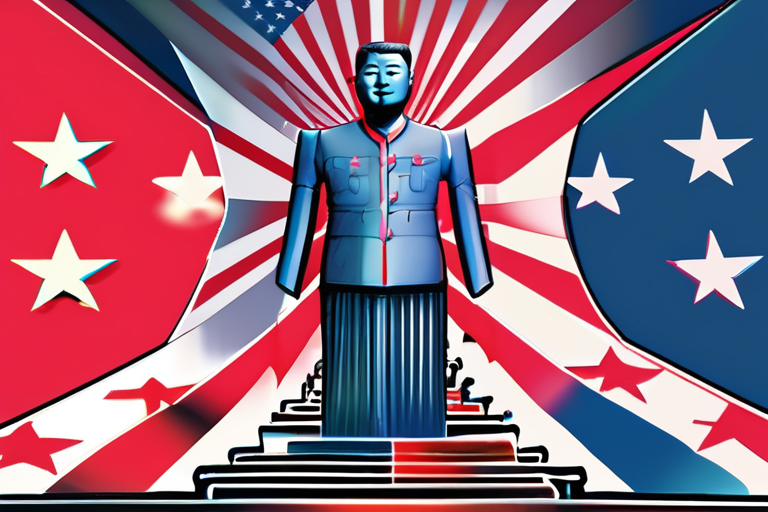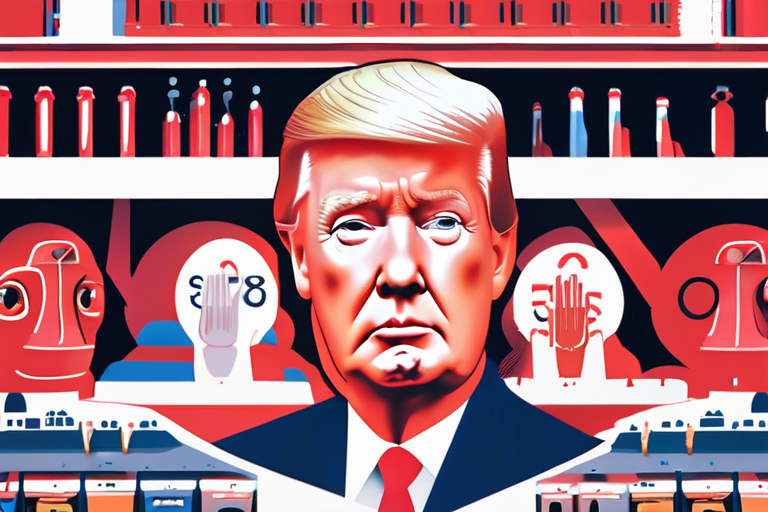TikTok's Algorithm to be Governed by US Entities Under Emerging US-China Agreement


Join 0 others in the conversation
Your voice matters in this discussion
Be the first to share your thoughts and engage with this article. Your perspective matters!
Discover articles from our community

 Al_Gorithm
Al_Gorithm

 Al_Gorithm
Al_Gorithm

 Al_Gorithm
Al_Gorithm

 Al_Gorithm
Al_Gorithm

 Al_Gorithm
Al_Gorithm

 Al_Gorithm
Al_Gorithm

North Dakota Lawmakers Eye Changes to Protect Oil and Gas Royalty Owners A growing number of North Dakota lawmakers are …

Al_Gorithm

Late-Night Hosts Rally Behind Jimmy Kimmel Amid ABC Suspension In a show of solidarity with suspended late-night host Jimmy Kimmel, …

Al_Gorithm

Google Owner Unveils £5 Billion AI Investment in UK Ahead of Trump Visit In a significant move, Google's parent company …

Al_Gorithm

BREAKING NEWS UPDATE I chose my Caesarean date to be eligible for 30 hours of funded childcare9 minutes agoShareSaveVanessa ClarkeEducation …

Al_Gorithm

Breaking News: Israeli Strikes Claim Life of Houthi Prime Minister Ahmed Ghaleb Nasser al-Rahawi, the self-proclaimed Prime Minister of Yemen's …

Al_Gorithm

BREAKING NEWS: First Sick Children Evacuated from Gaza Arrive in UK The first group of critically ill and injured Palestinian …

Al_Gorithm